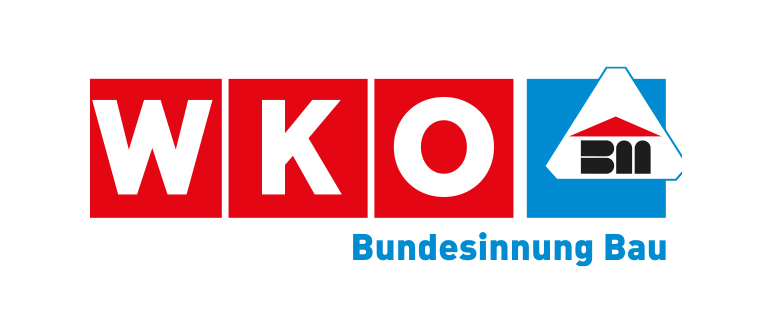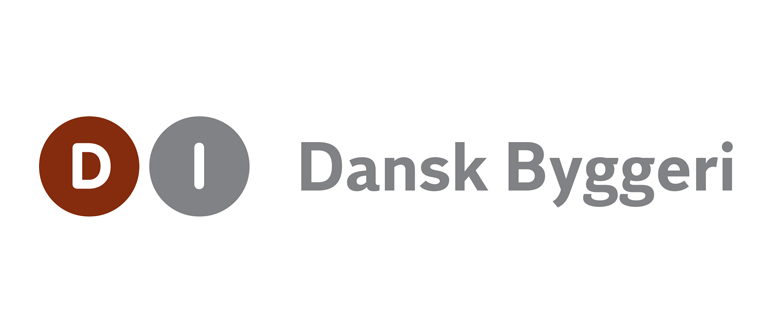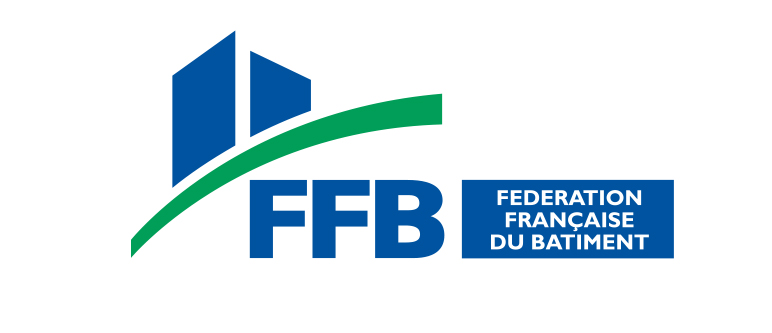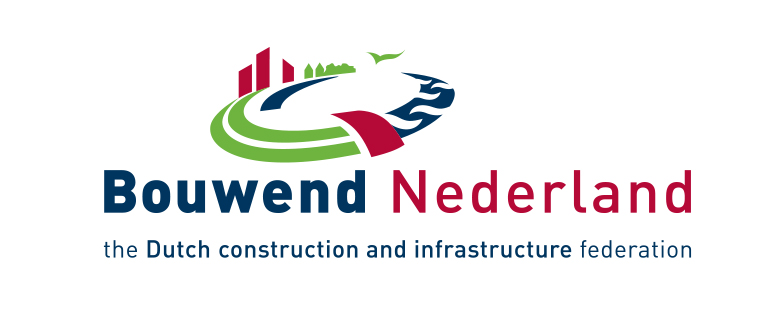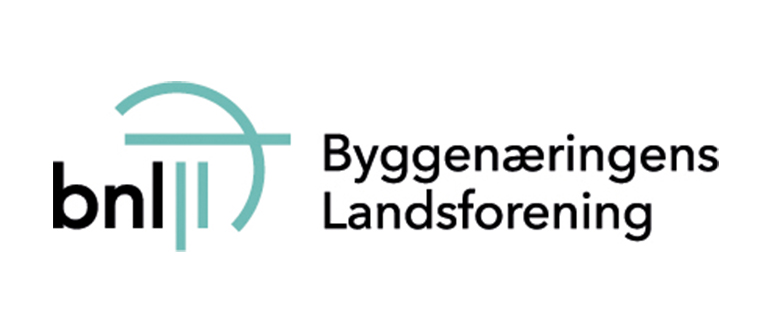Overall construction activity
The construction sector has been at the forefront of Turkey's economic development during the last 20 years. The industry accounts for 5 to 6% of total GDP and employs nearly 2 million people. When the sector's direct and indirect impacts on related industries, such as building materials, construction machinery, engineering and architecture, are taken into account, the share of the sector in the overall economy reaches 30%. The construction sector triggers demand for the goods and services produced by more than 200 sub-sectors, a strong indicator of the sector being one of the major forces carrying the economy. However, the downturn in construction activity in Turkey deepened in 2019, with the industry contracting by 8.6% in real terms, following a decline of 2.1% in 2018. The activity was severely impacted by the lira’s depreciation and high interest rates which pushed up construction costs and the cost of borrowing. Supporting factors are notably the government's focus on developing transport, energy and residential infrastructure. On the other hand, Turkish construction companies have been increasing their footprint in the international market for decades. They completed 10,197 projects in five continents and 127 countries with a total business volume of €370 billion.
Housebuilding
Turkey is one of the most promising real estate markets in Europe. Strategically situated at the crossroads of Europe, the Middle East, and Central Asia, Turkey offers great opportunities for real estate developers and investors by combining a large construction sector with growing commercial and industrial output. The urban transformation programme is the driving force of the sector. According to the action plan announced by the Ministry of Environment and Urbanisation, the aim is to transform 1.5 million houses within 5 years. Housing sales decreased by 1.9% in 2019 compared to the previous year and recorded 1.3 million units. Within the foreign direct investments, which amounted to $8.4 billion in 2019, real estate sales had a share of 57.3%. Housing sales to foreigners increased by 14.7% (45,500) units in 2019 compared to the previous year (39,663) units. Istanbul was still Turkey’s favourite city for foreign buyers with a record of 20,857 house purchases. Construction of new buildings declined rapidly in the past two years and the number of building permits decreased by 54% in 2019.
GDP 2019
BILLION
POPULATION 2019
Total investment in construction in 2019
BILLION
Non-residential construction
Growth in the construction of office buildings maintained its rising trend especially in the big cities of the country during recent years. The ongoing fluctuations in the exchange rate and inflation adversely affected office leasing and investment activities. Overall supply in Istanbul’s office market remained at a level of 6.46 million m2. Although office supply increased by 276,000 m2 in 2019, areas newly allocated to offices decreased by 36.5% compared to the previous year. 455 shopping centres are operational in Turkey with a total gross leasable area of 13.5 million m2.
Civil engineering
Turkey has witnessed the completion of many mega projects in the last few years. New investment in infrastructure development was also planned for the coming years, both public and PPP projects.
| Number of building permits in residential construction | |||||||
| 2016 | 2017 | 2018 | 2019a | 2020b | |||
| single dwelling | 21,910 | 25,669 | 21,715 | 15,492 | NA | ||
| collective dwelling | 980,815 | 1,372,089 | 638,271 | 289,052 | NA | ||
| other types of dwelling | 3,925 | 7,689 | 3,214 | 1,394 | NA | ||
| Total | 1,006,650 | 1,405,447 | 663,200 | 305,938 | NA | ||
| (Collective dwellings and other types of buildings: in number of flats) | |||||||




